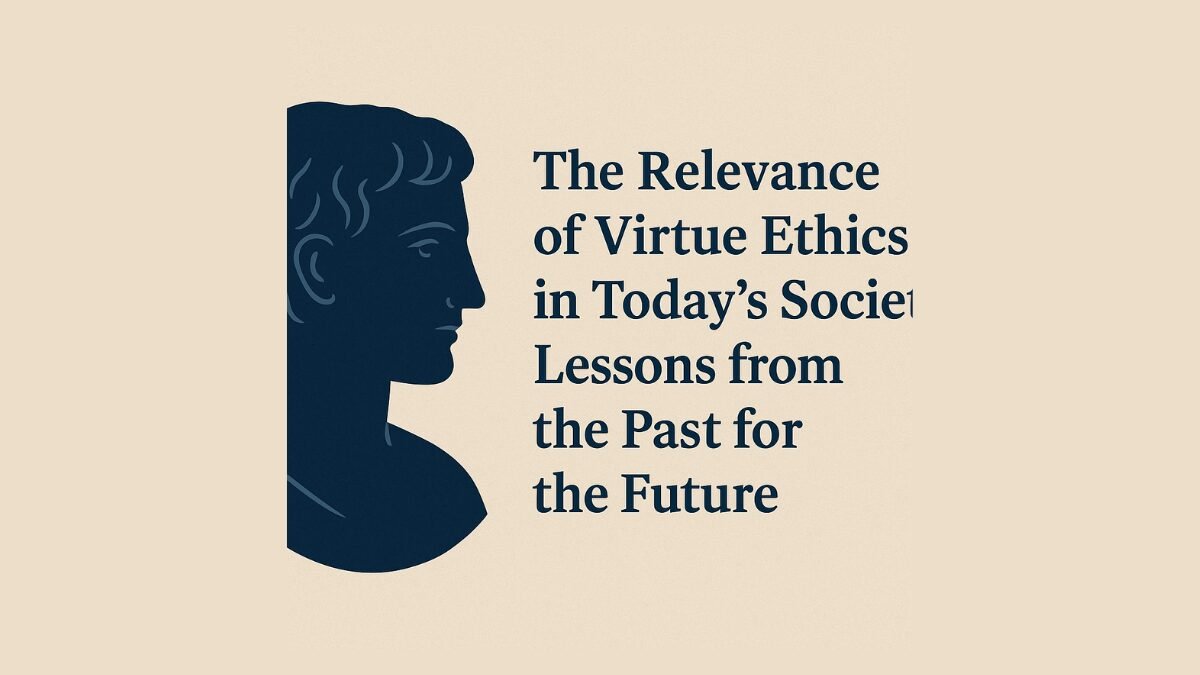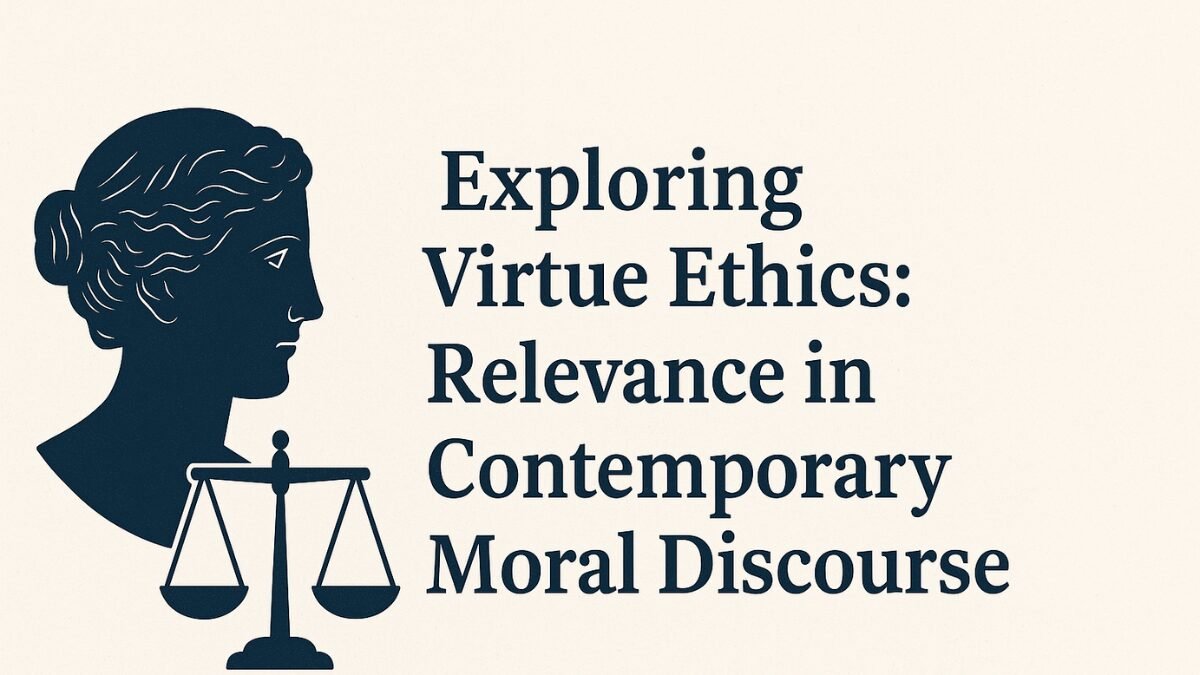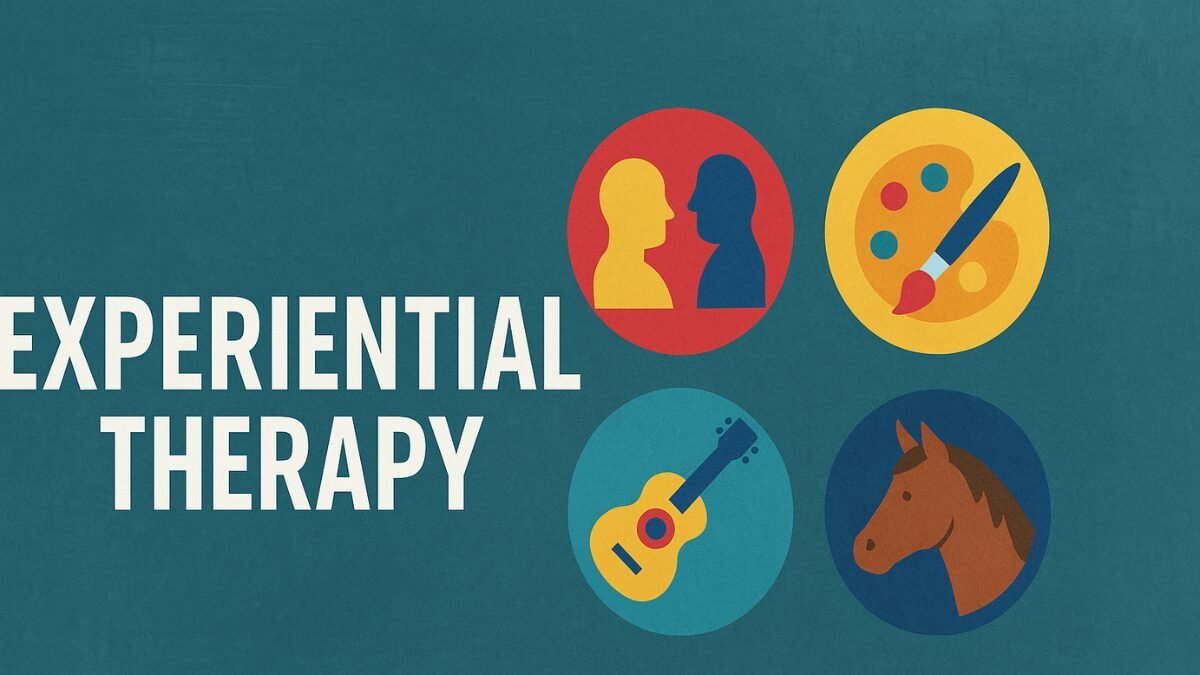Discover how the ancient principles of virtue ethics remain relevant in today’s society. Learn timeless lessons that can guide personal growth, leadership, and moral responsibility in the modern world.
Introduction: What is Virtue Ethics?
Virtue ethics, a moral philosophy rooted in the works of Aristotle and other ancient thinkers, centers on the character and virtues of the individual rather than solely on rules or consequences. Rather than asking “What should I do?”, virtue ethics encourages us to ask “Who should I be?” It highlights the importance of cultivating moral virtues—such as courage, honesty, temperance, and justice—as the foundation of a good life.

In today’s rapidly evolving society, where technological advancement, political polarization, and ethical ambiguities often cloud decision-making, the relevance of virtue ethics is more significant than ever. It offers a timeless compass to guide behavior, foster authentic relationships, and build a more just and empathetic society.
The Foundations of Virtue Ethics: A Historical Perspective
Aristotle and the Golden Mean
Aristotle’s Nicomachean Ethics is the cornerstone of virtue ethics. He introduced the concept of the “Golden Mean”—the idea that virtue lies between two extremes. For example:
| Virtue | Deficiency | Excess |
|---|---|---|
| Courage | Cowardice | Recklessness |
| Generosity | Stinginess | Wastefulness |
| Honesty | Dishonesty | Bluntness |
| Patience | Irritability | Passivity |
According to Aristotle, virtues are habits developed through practice. A virtuous person isn’t born—they are made by consistent choices aligned with moral excellence.
Contributions of Other Thinkers
- Plato: Emphasized the role of reason and the importance of the soul’s harmony.
- Confucius: Stressed virtues like filial piety, respect, and integrity in social relationships.
- Thomas Aquinas: Integrated virtue ethics into Christian theology, highlighting the theological virtues of faith, hope, and love.
Why Virtue Ethics Still Matters in Today’s Society
1. A Response to Moral Relativism
In an age where “everyone has their own truth,” moral relativism often leads to ethical confusion. Virtue ethics provides a stable moral foundation by focusing on character and long-term habits rather than fleeting opinions or situational outcomes.
2. Human-Centered Approach in an AI-Driven World
With the rise of artificial intelligence, big data, and automation, many ethical decisions are increasingly outsourced to machines. Virtue ethics brings us back to the human center, reminding us that values like empathy, compassion, and integrity cannot be replicated by algorithms.
3. Cultivating Leaders of Integrity
Modern leadership crises in politics, business, and media often stem from a lack of character rather than a lack of intelligence or knowledge. Virtue ethics emphasizes internal qualities over external achievements, encouraging leaders to model virtues such as courage, humility, and wisdom.
Applying Virtue Ethics to Modern Life
Personal Development
Virtue ethics encourages us to continuously improve our moral character through reflection and action. Practicing gratitude, being mindful of one’s language, and acting with integrity in everyday decisions are ways to embody virtue.
Education
Incorporating virtue ethics into curricula helps students grow not only intellectually but also morally. Teaching virtues alongside academic subjects cultivates holistic development.
Workplace Ethics
A company culture that values virtues like honesty, fairness, and teamwork will likely see stronger employee engagement and trust. It also provides a moral framework for handling ethical dilemmas in business.
Social Media & Online Behavior
With the digital world amplifying behaviors—both good and bad—virtue ethics serves as a guide for respectful, authentic, and responsible online interactions. It encourages users to think before they post, engage kindly, and avoid digital deceit or cruelty.
Comparative Overview: Virtue Ethics vs. Other Ethical Theories
| Ethical Theory | Key Focus | Guiding Question | Limitation |
|---|---|---|---|
| Virtue Ethics | Character & Virtues | Who should I be? | May lack concrete rules for action |
| Utilitarianism | Consequences | What results in the most good? | Can justify morally questionable acts |
| Deontology | Duties & Rules | What rules must I follow? | Can be rigid and ignore context |
| Relativism | Cultural Norms | What does society say? | Lacks universal moral standards |
Reviving Ancient Wisdom: Modern Movements Inspired by Virtue Ethics
Many contemporary movements reflect the principles of virtue ethics, even if they don’t label them as such:
- Mindfulness and Stoicism: Encourage self-awareness and emotional regulation—key aspects of temperance and wisdom.
- Character Education: In schools, programs that focus on “character counts” are a direct revival of virtue-centered teachings.
- Servant Leadership: Promotes humility, integrity, and empathy in leadership roles.
- Positive Psychology: Explores the role of character strengths in happiness and fulfillment.
Challenges and Critiques of Virtue Ethics Today
Although virtue ethics is deeply enriching, it is not without critiques:
- Vagueness: Some argue it lacks clear guidelines for decision-making in complex moral dilemmas.
- Cultural Bias: The interpretation of virtues may vary across cultures. For example, what’s considered “courageous” in one society might be seen as “reckless” in another.
- Difficulty of Measurement: Unlike rule-based ethics, it’s harder to assess someone’s virtue objectively.
Despite these critiques, virtue ethics remains a powerful framework for personal and social transformation.
Frequently Asked Questions
- How does virtue ethics differ from modern ethical theories?
Virtue ethics focuses on developing good character traits, unlike rule-based or outcome-based ethical systems. - Can children be taught virtue ethics effectively?
Yes, by modeling behavior, using storytelling, and integrating character education into daily life. - Is virtue ethics relevant in non-Western cultures?
Absolutely. Many non-Western philosophies, such as Confucianism and Buddhism, align with virtue-based thinking. - What are the most important virtues in modern society?
Honesty, empathy, resilience, patience, and responsibility are widely valued today. - How can I assess my own virtues?
Reflect on your actions, seek feedback from others, and observe how you react under pressure. - Is virtue ethics compatible with religious beliefs?
Yes, many religious traditions embrace virtues as moral ideals. - Does virtue ethics support social justice?
It can, particularly when individuals cultivate justice, fairness, and courage to speak against injustice. - Can virtue ethics be used in policymaking?
It offers a valuable lens to evaluate the character and intention behind laws, not just their consequences. - What role does emotion play in virtue ethics?
Emotions are not ignored; rather, they should be harmonized with reason to support virtuous behavior. - Are there any modern philosophers who advocate for virtue ethics?
Yes, philosophers like Alasdair MacIntyre and Rosalind Hursthouse have revitalized interest in virtue ethics.
Conclusion: A Moral Compass for Modern Times
The relevance of virtue ethics in today’s society: lessons from the past for the future is not merely a philosophical notion but a practical necessity. In an age marked by uncertainty, complexity, and moral ambiguity, virtue ethics calls us to look inward, to refine our character, and to build a more compassionate world grounded in timeless principles.
By embracing virtues in our personal lives, workplaces, and communities, we create a ripple effect of moral clarity and human dignity. The wisdom of Aristotle and other virtue ethicists offers not just a guide for individual behavior, but a blueprint for collective flourishing—now and in the generations to come.
also read:https://comfortglobalhealths.com/a-comprehensive-guide-to-ethical-theories-throughout-history/










